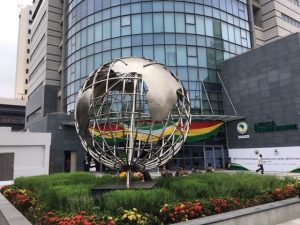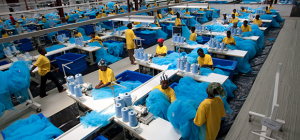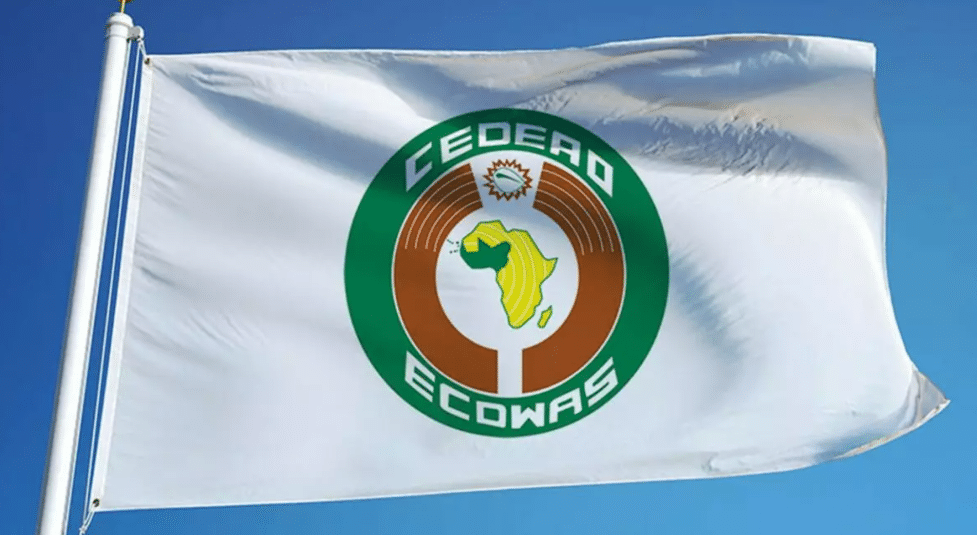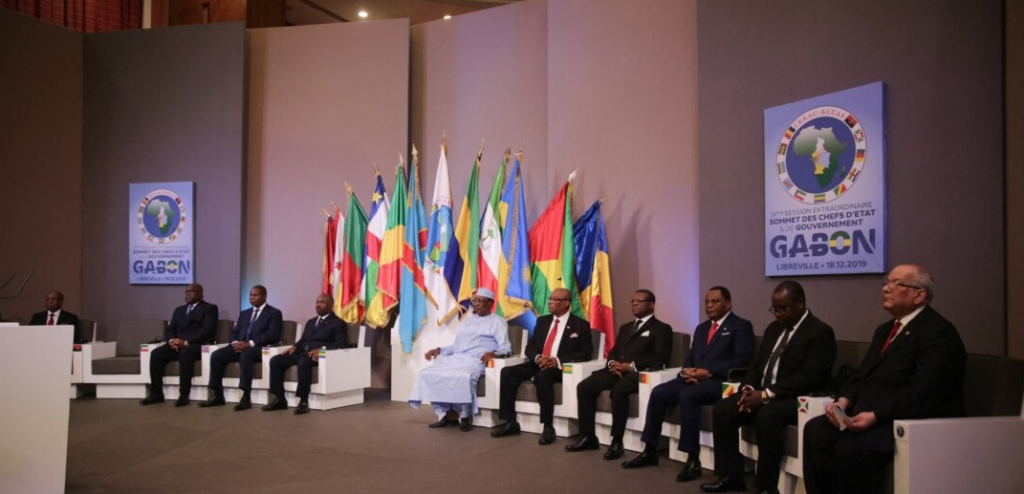The African Continental Free Trade Area (AfCFTA) is a trade agreement that was signed and implemented in January 2021. This agreement is one of the biggest economic projects launched in Africa. The main role of this agreement is to promote integration by creating a single market in the African continent where various members of different countries can trade freely. So far, 54 out of Africa’s 55 countries have signed the trade agreement, potentially turning Africa into the largest free trade area globally. As a result, participating African countries will enjoy fewer trade tariffs, achieve economic integration, and promote trade between and among African countries.
Aside from benefiting local African markets and investors, the AfCFTA provides a unique opportunity for international investors. Over time, the agreement will increase competition, promote industrialization, and create a conducive environment for trade. Let us explore how the AfCFTA is in the process of reinventing Africa’s investment landscape, the industries that are likely to benefit most, and the unique challenges and opportunities for investors looking to tap into the African market.
About the AfCFTA

The AfCFTA was created in July 2019 in Niamey, Niger. African countries officially began trading on January 1st, 2021, creating one of the biggest markets in the world with 1.2 billion people, one-eighth of the global economic block, and a combined GDP of $3.4 trillion. By the year 2050, this region’s GDP is projected to be more than double its initial value. This trade agreement will enhance trade, development, and integration in the African continent while charting ways for new and more effective ways to conduct business, trade, work, and production of goods in Africa and the rest of the world.
The following are the objectives of the AfCFTA:
- Establish one market for African goods and services.
- Create a conducive environment for all businesses, including small and medium enterprises (SMEs).
- Eliminate trade barriers that exist between African countries, such as customs delays. This will facilitate the smooth flow of trade activities between and among various African countries.
- Remove unnecessarily high trade tariffs and taxes between member countries.
- Implement policies that foster trade, industrialization, and development activities in member countries such as the development of transportation networks to facilitate smooth movement of trade items.
- Create employment opportunities and eliminate poverty among member states. The economic development that will result from trade integration will result in the creation of numerous employment opportunities, reducing poverty levels, and increasing the quality of life of the citizens of member states.
Investment Opportunities
-
Manufacturing and Processing Industries

The establishment of the AfCFTA promotes industrialization through the increase in trade in industrial goods. The global market has long identified the African continent as the supplier of raw materials. This type of trade arrangement provides significantly low-profit margins. With the AfCFTA, local production and manufacture of finished goods will be promoted among African nations, increasing the value of regional value chains. Eventually, the various industries will boom, creating investment opportunities for both local and international investors in the following industries:
a. Textile Industry: The textile industry in Kenya and Ethiopia are regional hubs of production. AfCFTA policies will promote the growth of these hubs by facilitating their access to ready markets in African countries.

b. Automotive Industries: Morocco, South Africa, and Egypt are among the African countries that have successfully established automotive industries. The establishment of the AfCFTA will play a crucial role in expanding the market for regional automotive goods and services by eliminating trade barriers and tariffs.

c. Agribusiness and Food Processing Industries: Africa is rich in agricultural resources, which provides immense potential for the agribusiness and food processing sector. Investors may explore this sector as the AfCFTA will improve access to markets and eliminate costly trade tariffs.

3.Infrastructure Development
The state of the African continent’s infrastructure networks is one of the crucial factors contributing to the success of the AfCFTA. Several African countries experience transport, logistics, and energy limitations that hinder the timely and safe transit of trade items. For the AfCFTA to achieve its objectives, all ports, roads, railways, and energy production plants in the region must function effectively. The national governments of various countries are in the process of launching high-level infrastructure projects that will facilitate the existence and proper functioning of the regional market. This creates numerous opportunities for local and international investors to get involved in the development of the African continent.

4. Financial Services
The establishment of the AfCFTA will foster trade among African countries, creating the need for effective financial services in the continent. In this case, Fintech companies are likely to benefit from this shift as long as they can provide reliable, safe, and fast financial transactions across African borders. The demand for more effective, secure, and sophisticated banking and payment systems provides an opportunity for investors looking to tap into the African financial market. The following opportunities are available in the African financial industry:
a. Digital Financial and Mobile Money Services: Mobile money services in African countries such as Ghana and Kenya are significantly more advanced than in other nations. The AfCFTA creates the need for financial and mobile money solutions in other African countries to allow seamless trade to take place across African borders.

b. Banking and Insurance: The AfCFTA’s goal to promote trade among African countries provides banks and insurance companies with a larger market to explore. Areas such as investment banking, trade finance, and insurance are likely to expand because of the influx in trade activities.
-
Tourism and Hospitality
The ease in movement of goods, services, and people across the borders of African countries inspired by the AfCFTA is likely to facilitate African tourism. International tourists visiting Africa will find it easier to move across borders of African countries without visa and logistical issues. Additionally, local tourism stands a chance to grow as the middle- and high-income earners in the continent explore neighboring countries. Both local and international investors must look out for investment opportunities in the development of luxury hotels and resorts to accommodate a larger number of tourists.

Additionally, there is a growing demand for ecotourism as many more tourists become more aware of the need to explore environmentally friendly tourism options such as exploring conservation-driven tourism and eco-friendly accommodations. Taking on eco-tourism approaches plays a crucial role in preserving some of the most unique ecosystems. Therefore, investors must consider exploring eco-friendly ventures as investments.
Investment Challenges and Opportunities
As much as the AfCFTA presents numerous investment opportunities, investors must consider both sides of the coin before diving head-fast into this market.
- Infrastructure Limitations: Despite numerous efforts made by various national governments to establish public infrastructure, various African countries lack the necessary infrastructure to fully explore the benefits of the AfCFTA. This is a significant limitation for investors looking to explore the region.
- Regulatory Variations: Creating trade and investment policies that are acceptable to 54 African countries is a big task that has not been fully achieved to this day. Investors may find inconsistencies in policies and regulations which may create contradictions.
- Political Stability: Some African countries are known to experience political instability, which is a challenge for investors looking to invest in the continent. Additionally, countries that suffer political instability and governance challenges may find it difficult to implement AfCFTA policies.
AfCFTA presents a big opportunity for the development and advancement of the African continent by opening it up to major investment opportunities. Creating a single market across the continent will not only foster trade in the region but will also promote industrialization, tourism, and infrastructure development. However, challenges such as difficulty in policy and infrastructure harmonization in the region continue to limit the AfCFTA’s ability to reinvent the continent’s investment environment. The AfCFTA offers foreign investors a unique opportunity to invest in a continent with immense growth and development potential. Early involvement in this process places investors in a better position to benefit from the continent’s numerous resources and ever-growing consumer base.
References
African Union (AU). (2023). AU Summit 2023: Powering trade through AfCFTA. https://www.un.org/africarenewal/magazine/february-2023/au-summit-2023-powering-trade-through-afcfta
African Union (AU). (n.d.). The African Continental Free Trade Area. https://au.int/en/african-continental-free-trade-area
East African Community (EAC). (2024). African Continental Free Trade Area (AfCFTA). https://www.eac.int/trade/international-trade/trade-agreements/african-continental-free-trade-area-afcfta-agreement
United Nations Development Program (UNDP): Africa. (2024). Making the AfCFTA promise a reality for women and youth. https://www.undp.org/africa/afcfta
World Bank Group. (2020). The African Continental Free Trade Area. https://www.worldbank.org/en/topic/trade/publication/the-african-continental-free-trade-area




